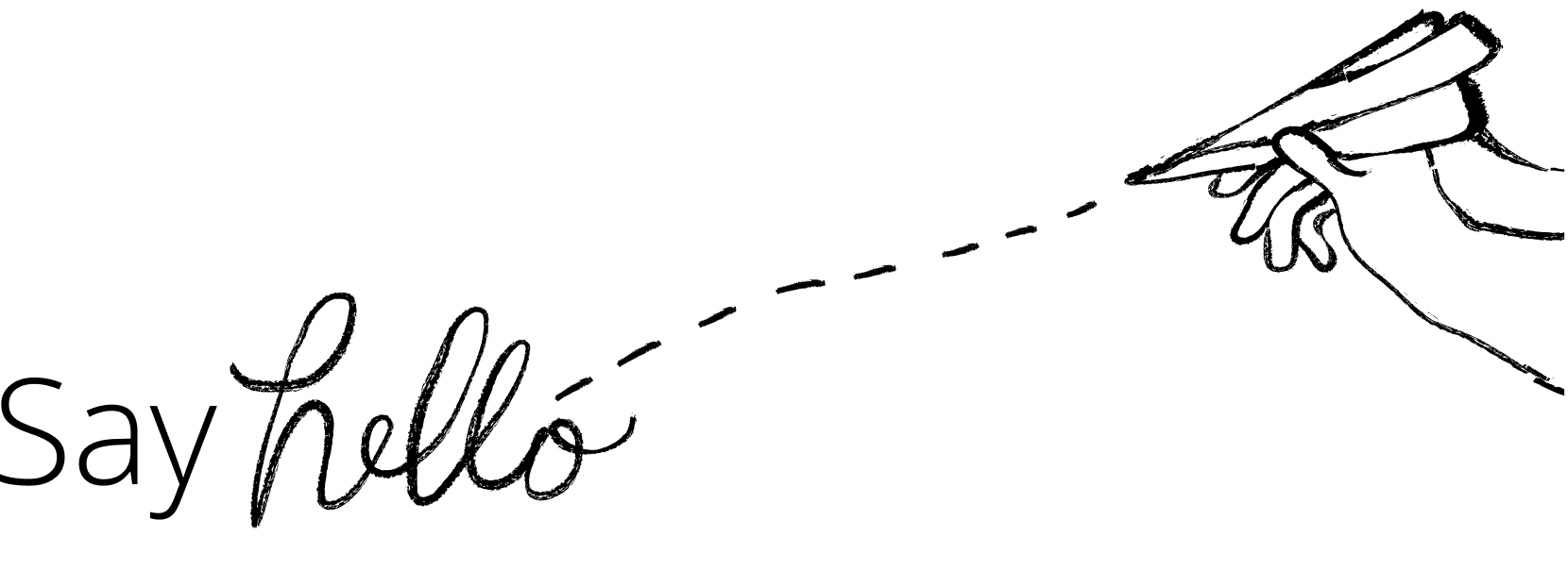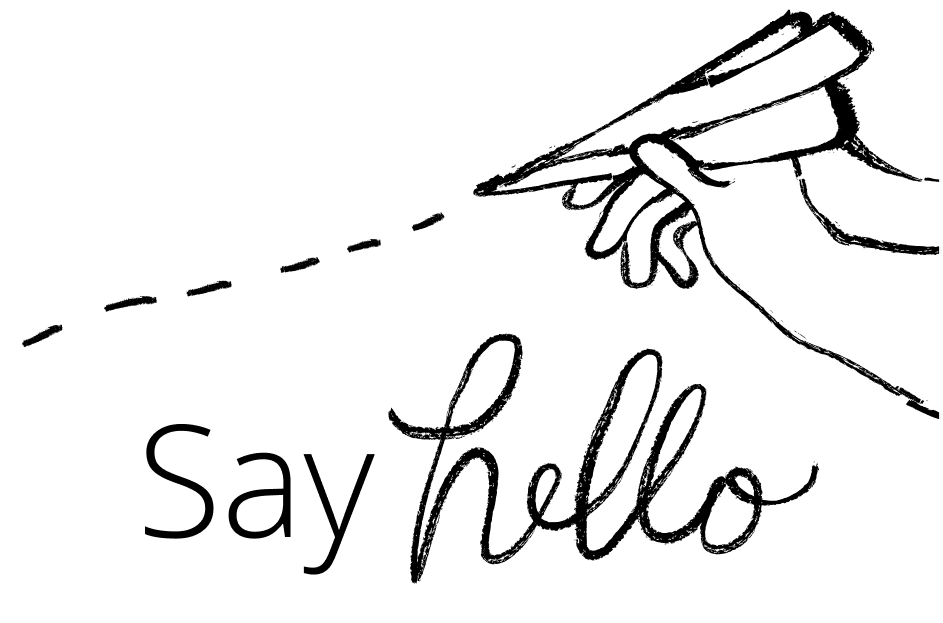Background: NVWA ambition
The NVWA is the Dutch public agency responsible for safeguarding food safety, product safety, animal welfare and nature in the Netherlands. As an enforcing agency, much of the work the NVWA conducts consists of inspections and ensuring that the inspected party is following the applicable laws and regulations.
However, given the increase in consumption, globalization in production, development of new technologies and changing expectations by customers, the demand for inspections is increasing, while the number of people can’t continue to scale. There is a need to work smarter and use more innovative ways of inspections.
Therefore, the NVWA has set up eight 'public interest tables' for this purpose. These tables are networks within the organization that shape modern supervision by focusing on larger social dilemmas. We agree that serving the public interest is a matter for all stakeholders. Deloitte supported the NVWA in developing concrete solutions and approaches for these social dilemmas.
The challenge
For each of these public interest tables, Deloitte supplied and facilitated a mix of methodologies, such as a hackathon and design sprint, and innovation tools like the four lenses. The goal was twofold: firstly, supporting the NVWA solve the challenge in question, secondly, focus on knowledge exchange to ensure they broadened their capabilities and would be able to use these innovation methodologies themselves in the future.
The organization of the innovation process into divergent and convergent phases is a fundamental principle of design thinking. Sharing design thinking principles such as user centricity, continuous feedback loops and ‘falling in love with the problem, not the solution’, is at the core of fast learning cycles and human-centered innovation and enables successful and effective innovations. This is relevant, especially given the breadth and complexity of many of the challenges the NVWA faces.
Design sprint
An example of one of the approaches is a Design Sprint. In March, a team from the food safety public interest table took part in a design sprint at the Studios of Deloitte. During a week-long program packed with activities, the team created a prototype for an on-site testing kit for aflatoxins, a toxic compound that can be present in commodities like corn and wheat. On-site testing is a complex topic with many uncertainties in the development process. Therefore, it was a perfect challenge to accelerate in a Design Sprint, so that we could test the most critical assumptions quickly in one week and avoid wasting any resources during an otherwise potentially lengthy development process.
Within this week, the design sprint team accelerated the development of this concept from a vague idea on Monday to a user-tested prototype on Friday. During this week, they defined the challenge, brainstormed ideas, narrowed it down to a single concept, built a prototype, and tested it with actual NVWA inspectors. The result was an app and an on-site testing kit, with clear video instructions and a manual, guiding the user in how to test for aflatoxins. By developing this concept, the team learned within only a week which aspects would be successful, taking with that the first steps to further development, for aflatoxins as well as other similar compounds. A five-day time dedication is substantial, but nothing compared to a failed testing kit later in the process: it is an investment with a valuable payoff.
Broadcasting in the organization
To magnify the use and impact of these methodologies, the team also created two webinars about design thinking. These webinars featured NVWA colleagues and our colleague Mo Elkouaa as a design thinking expert and were broadcast and shared with the entire NVWA network.
At the end of the project, the team shared a handbook holding all the employed methodologies and tools. It serves as a central guide to how innovation is organized and applied within the NVWA. It includes a section on design thinking and corresponding tools, as well as how the NVWA thinks about innovation, who is working on it and where you can find materials, principles, and an overview of the practical examples from the different domains.
Impact through structure
Many organizations are focused on innovation nowadays. It is critical to stay relevant and be able to do the work with the means available. We therefore need smarter, better ways of working. Understanding what innovation can do for an organization and knowing which methodologies to use and how to use them, is a requirement to building an innovative environment. Within this project, Deloitte and the NVWA worked together to create a larger societal impact by creating new ways of working within the domains and using additional tools within their innovation process to accelerate the development and to address pressing challenges in society.

